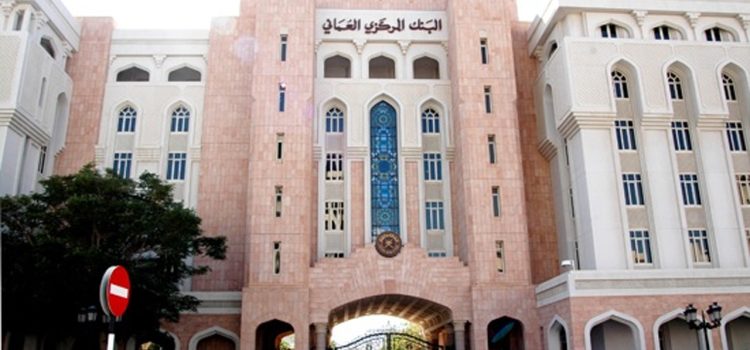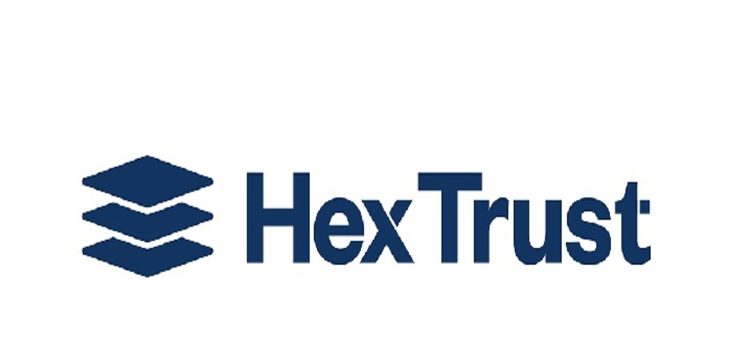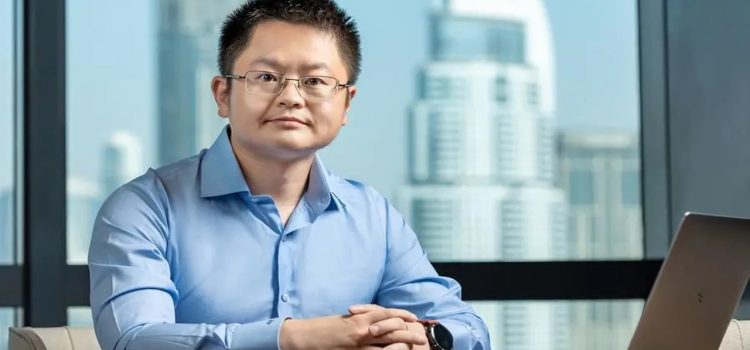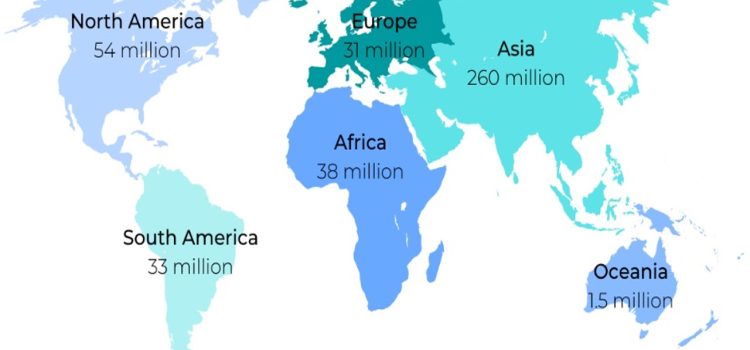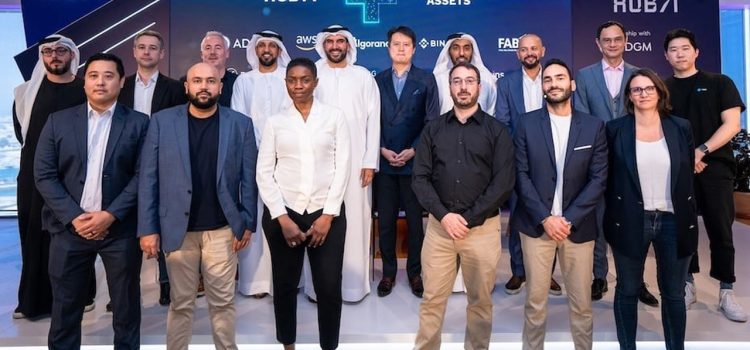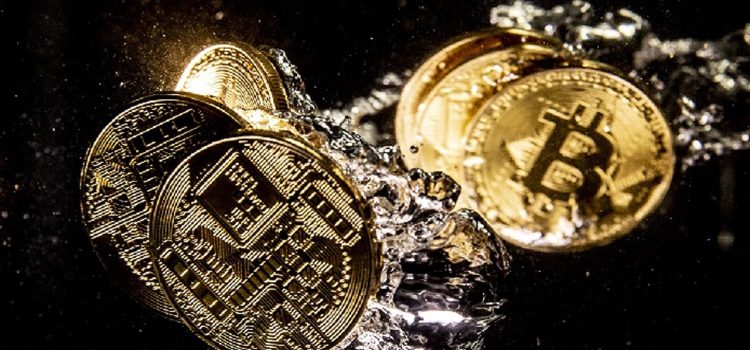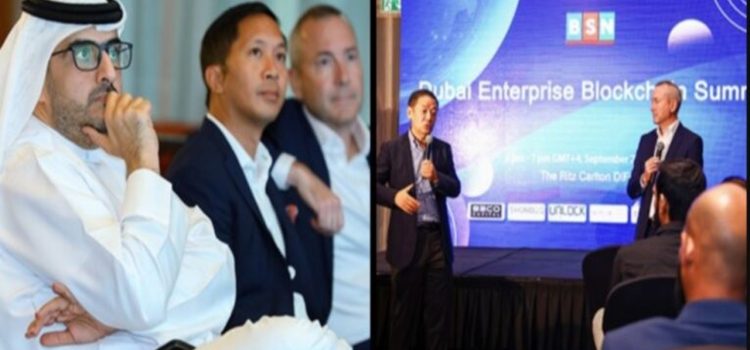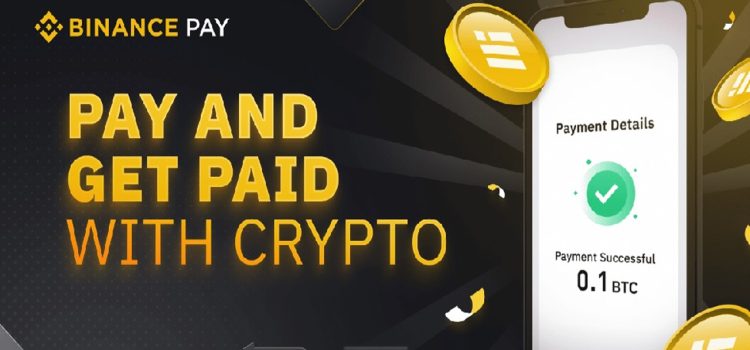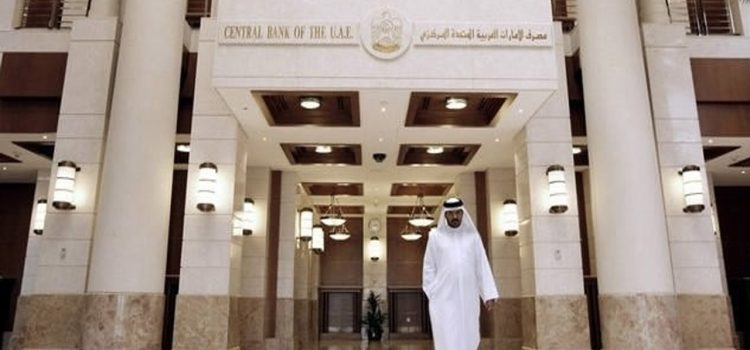The UAE Central Bank announced on Sunday 12th of February 2023 its nine initiatives for what it calls its financial infrastructure transformation program, the FIT program that will enable the Central Bank of the UAE to be among the top central Banks globally. One of the nine initiatives is the launch of a CBDC for internal and cross border payments, but where is the 10th, the one that will actually put the UAE on the map as the digital payment hub. Where is the UAE’s Central Bank digital asset payment and remittance regulation or rulebook?
So the UAE Central Bank has finally openly stated that it will be launching a CBDC ( Central Bank Digital Currency) for not only cross border payments but also UAE internal national payments. As per the release, the Central Bank Digital Currency (CBDC) would be utilized for cross-border payments and domestic usage in order to address the problems and inefficiency of cross-border payments and help drive innovation for domestic payments respectively.
Ofcourse the announcement that they will launch a CBDC is not surprising given the work the UAE has been doing in the realm of CBDCs over the years.
In 2019, the Central Bank of the UAE (CBUAE) piloted a wholesale CBDC project with Saudi Central Bank named of “ABER.” A final report was published in 2020, which showed that “the distributed ledger technology would enable central banks to develop payments systems at both local and cross-border levels.”
More recently, the CBUAE, along with the BIS Innovation Hub Hong Kong Centre and the central banks of Hong Kong, Thailand and China, implemented Project mBridge, a joint initiative experimenting with cross-border payments using a custom-built common platform based on distributed ledger technology (DLT) upon which multiple central banks can issue and exchange their respective central bank digital currencies.
In my previous blog article published on December 15th 2022, I alluded to the fact that the UAE Central Bank could be close to issuing its own CBDC.
At the end of January 2023, the UAE Central Bank and Central Bank of India signed an MOU to collaborate in the payments sector; fintech solutions and experimenting with a CBDC to facilitate cross border transactions.
The Central Bank of UAE as explained in the press release wants to become the financial and digital payment hub and a center of excellence for innovation and digital transformation.
H.E. Khaled Mohamed Balama, Governor of the CBUAE, said: “The FIT Program embodies the directions and aspirations of our wise leadership towards digitizing the economy and developing the financial sector. We are proud to be building an infrastructure that will support a thriving UAE financial ecosystem and its future growth. H.E added: “We will work with our partners to implement the Program, achieve its goals, accelerate the adoption of digital services in the financial sector and attract the best talent.”
The Program comprises implementation of nine key initiatives mentioned below:
1. Card Domestic Scheme: The UAE’s first unified, secured, and efficient card payment platform to facilitate the growth of e-commerce and digital transactions in the country.
2. eKYC: A secure and user-friendly platform to facilitate non-face-to-face customer on-boarding and on-going customer due diligence.
3. Central Bank Digital Currency (CBDC): CBDC for both cross-border payments and domestic usage in order to address the problems and inefficiency of cross-border payments and help drive innovation for domestic payments respectively.
4. Open Finance: Driving innovation and competitiveness as well as collaboration in the financial services sector through inter-connectivity and inter-operability among all players and institutions.
5. Supervisory Technology (SupTech): Advanced SupTech supporting the regulatory and supervisory processes.
6. Innovation Hub: A collaborative platform for engagement, research and development for Fintechs.
7. Instant Payments Platform: A secure, efficient, and robust payment platform that will support financial inclusion and enable a cashless society through digital payments.
8. Financial Cloud: A secure, resilient, scalable, and reliable sovereign financial infrastructure.
9. Excellence & Customer Experience: Supporting exceptional customer experiences and fostering a culture of excellence across the financial sector.
But where is the 10th most important initiative? Where is the initiative that actually will allow the UAE to be a digital payments hub? Where is the digital asset payment regulation guideline, the one that VARA in its recent announcement of regulations didn’t cover? Where is the digital asset payments initiative that the UAE Securities and Commodities Authority didn’t cover?
Who will regulate digital asset payments and remittance ecosystem if the Central Bank of UAE doesn’t? It would be hard to imagine the UAE as a hub for digital payments without digital asset payments as well. It will be hard to imagine UAE as a hub for crypto and blockchain companies if there is no regulation governing the crypto, virtual assets payment ecosystem.
Sources close to the matter told LaraontheBlock, ” The nine initiative announced today are only related to the financial infrastructure. There are other initiatives being worked on.”
I wonder if it is prudent to announce nine initiatives and pass over the one most important initiative that everyone is waiting for. But it seems that the Central Bank are working on other initiatives and hopefully digital assets as a payment method are one of them.









